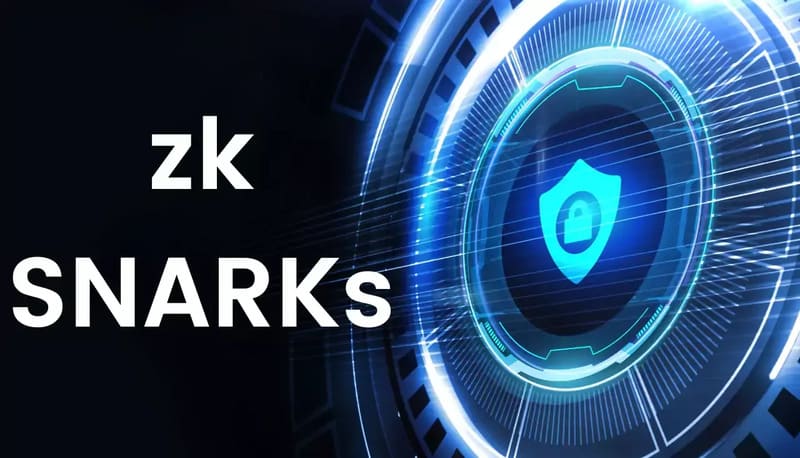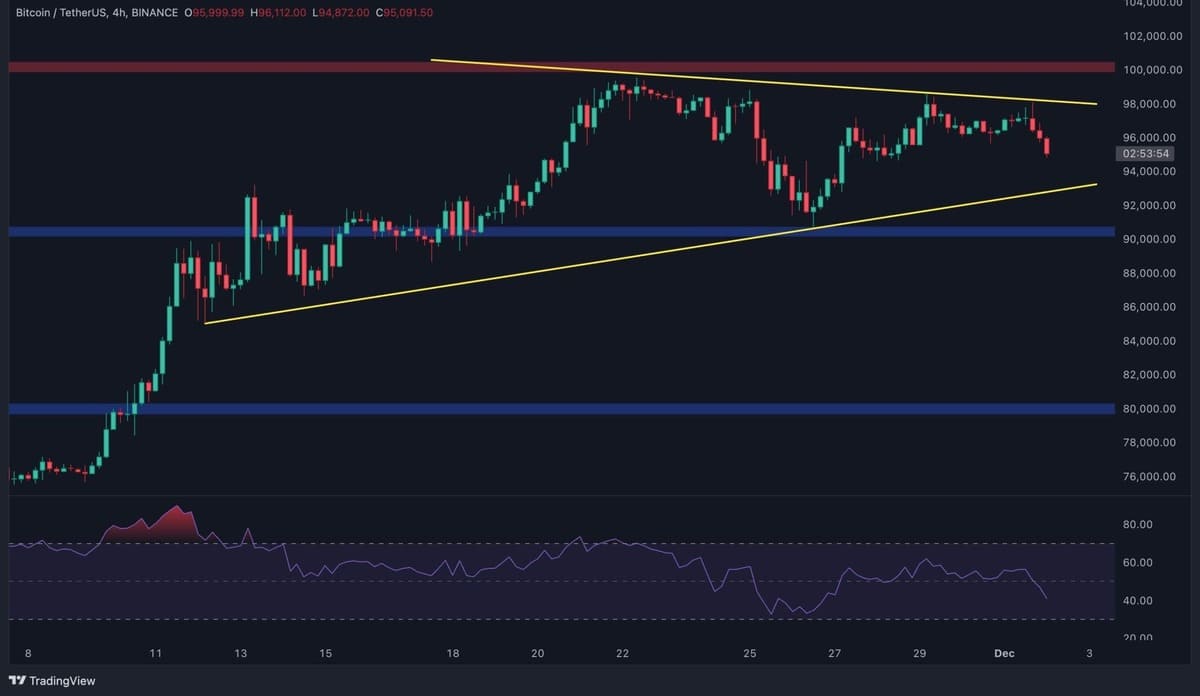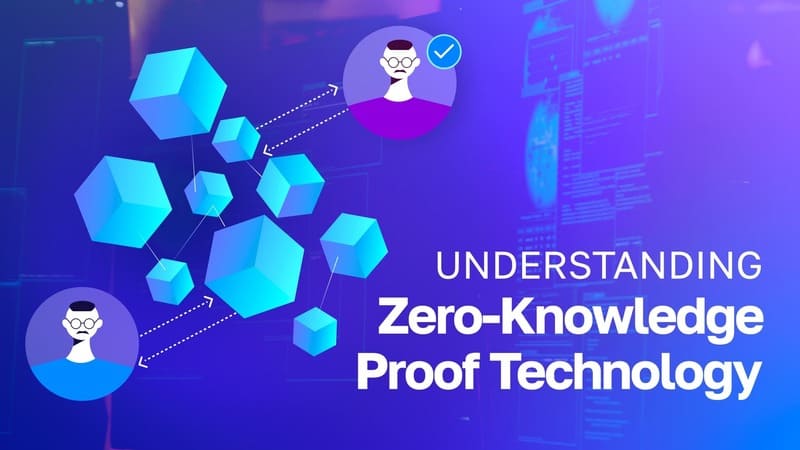
As blockchain adoption continues to expand, the demand for enhanced on-chain privacy has intensified. Transparent blockchains like Ethereum and Bitcoin expose transaction details to the public, creating privacy challenges for users and institutions alike. The conversation around blockchain privacy is evolving, with stealth addresses and zk-SNARKs (Zero-Knowledge Succinct Non-Interactive Arguments of Knowledge) emerging as key solutions to improve privacy without compromising security or decentralization.
The Privacy Challenge in Public Blockchains
Public blockchains inherently prioritize transparency, ensuring transactions are verifiable and immutable. However, this design presents critical privacy risks:
- Address Linkability: Once a wallet address is associated with an identity, all its transactions become traceable.
- Lack of Confidential Transactions: Any observer can view token holdings and transaction history.
- Regulatory and Institutional Concerns: Organizations requiring financial privacy hesitate to adopt public blockchains due to compliance risks.
To address these issues, stealth addresses and zk-SNARKs have been developed to enable confidential transactions without sacrificing blockchain security or decentralization.
Stealth Addresses: One-Time Use for Maximum Privacy
A stealth address allows a sender to create a one-time, unique address for each transaction. The receiver can generate and control these addresses without linking them publicly.
How stealth addresses work:
- The receiver generates a stealth meta-address, derived from a private key.
- The sender uses this meta-address to generate a unique one-time address for the transaction.
- The recipient, using a private scanning key, detects and claims the funds sent to the stealth address.
Advantages of stealth addresses:
– Unlinkable Transactions – Each transaction appears to be sent to a new address, preventing public tracing.
– Fully Compatible with Existing Blockchains – Implementable without altering consensus mechanisms.
– Enhanced Privacy for Institutional and Retail Users – Ideal for businesses or individuals who require transactional confidentiality.
Ethereum co-founder Vitalik Buterin previously highlighted stealth addresses as a promising solution for private peer-to-peer transactions and NFT transfers, emphasizing their usability for broader adoption.
zk-SNARKs: Zero-Knowledge Proofs for Complete Privacy
While stealth addresses provide privacy at the recipient level, they do not obscure transaction amounts or sender identity. This is where zk-SNARKs come into play.
zk-SNARKs enable:
- Private Transactions – Transaction amounts and sender/receiver details remain confidential while still being verifiable.
- Efficient Computation – Transactions are validated without revealing inputs, preserving network scalability.
- Decentralization – Unlike privacy solutions that require trusted intermediaries, zk-SNARKs work directly on-chain.
How zk-SNARKs work in private transactions:
- A sender constructs a zero-knowledge proof, confirming transaction validity without revealing sensitive details.
- The proof is verified by the blockchain’s consensus mechanism.
- The transaction is recorded on-chain, but no external observer can decipher sender/receiver details or transferred amounts.
Ethereum’s EIP-4844 (proto-danksharding) and Layer 2 solutions are increasingly integrating zk-SNARKs, improving efficiency and reducing the computational overhead of privacy-preserving transactions.
The Future of On-Chain Privacy
The convergence of stealth addresses and zk-SNARKs represents the next step in blockchain privacy. Future developments may include:
- zk-Rollups with Native Privacy Features – Privacy-focused rollups integrating zk-SNARKs at the protocol level.
- Cross-Chain Private Transactions – Bridges enabling private transfers between Ethereum, Bitcoin, and other networks.
- Institutional-Grade Privacy Solutions – Compliance-friendly implementations allowing regulated financial institutions to transact privately on public blockchains.
The demand for privacy-enhancing blockchain protocols continues to grow, with stealth addresses and zk-SNARKs emerging as essential tools for financial confidentiality and user security in decentralized finance and beyond.



